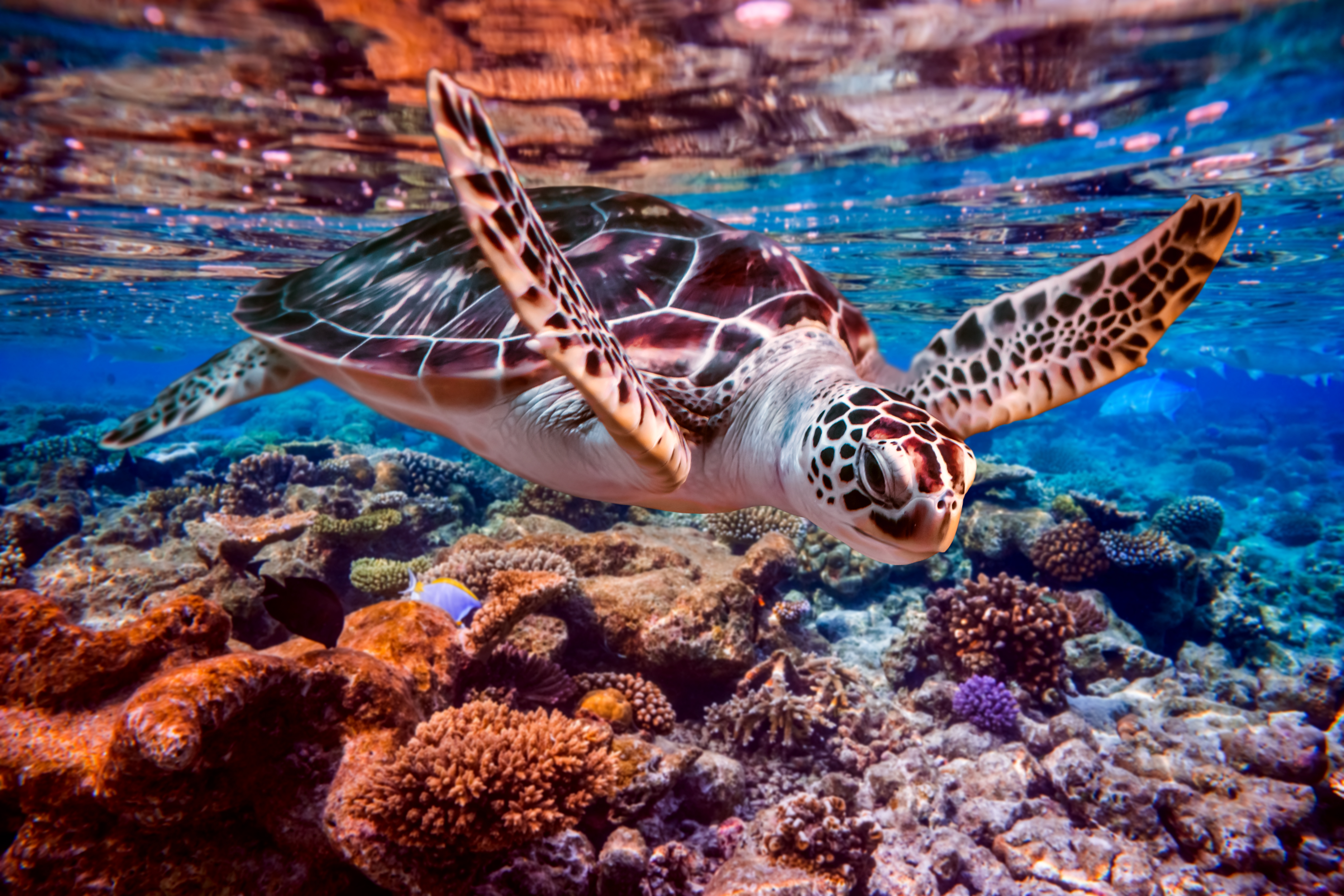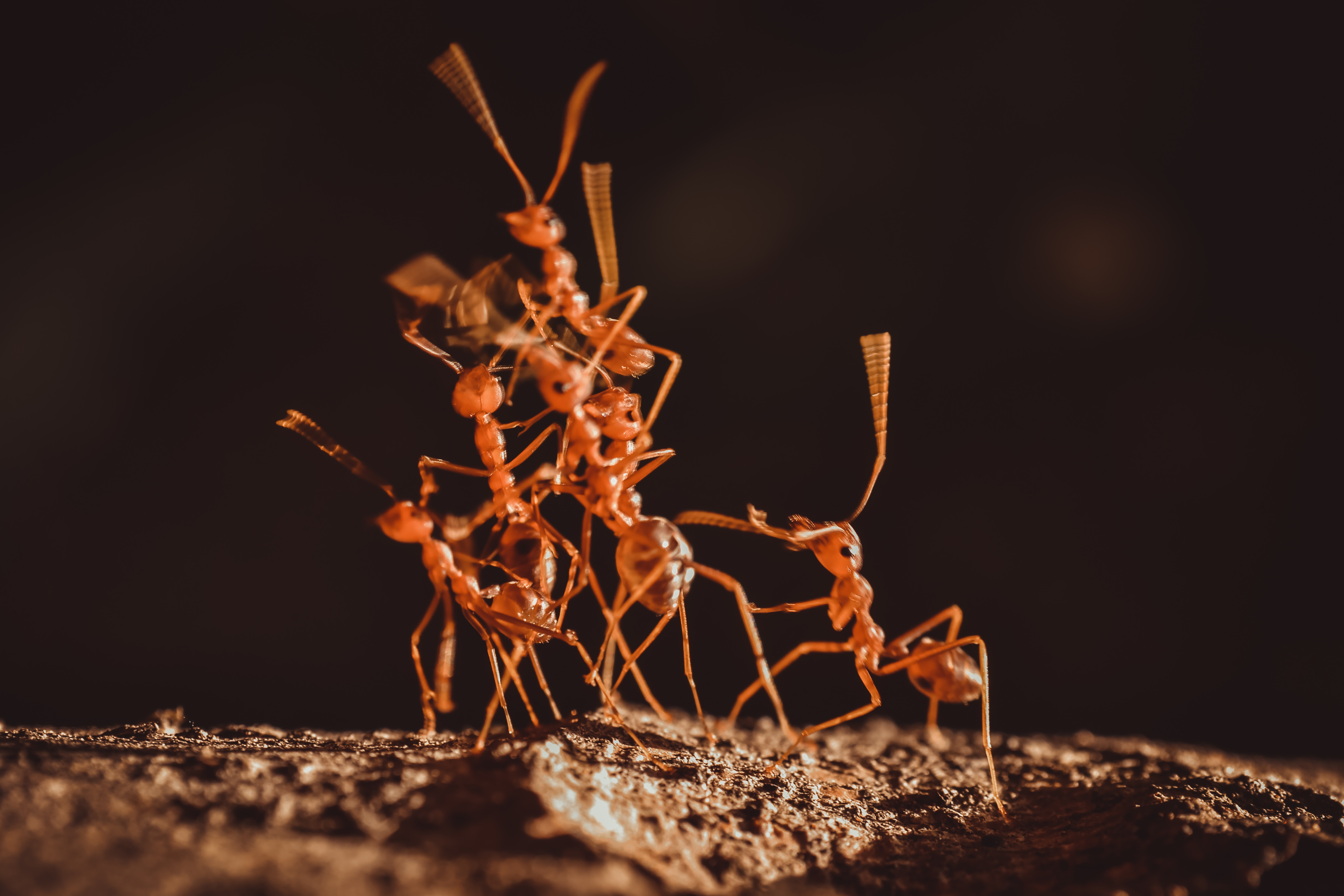10 Fun Facts About Octopuses That Make Them Seem Almost Alien
In the vast tapestry of marine life, octopuses stand out as fascinating and enigmatic creatures, often blurring the line between fact and fiction. With their alien-like appearance and extraordinary abilities, these cephalopods have inspired countless cultural myths and legends. From the ocean's mysterious depths, octopuses have emerged as symbols of mystery and intelligence, captivating the human imagination for centuries. This article delves into the otherworldly aspects of octopuses, exploring 10 surprising insights that reveal their complex nature and challenge our understanding of life in the ocean. The allure of octopuses extends beyond their physical and cognitive abilities. They have captured the human imagination through art, literature, and folklore, often portrayed as mysterious and powerful beings. Join us as we embark on a journey into the enigmatic world of otherworldly octopuses, uncovering insights that blur the line between reality and imagination.
1. The Alien Anatomy: A Closer Look at Octopus Physiology
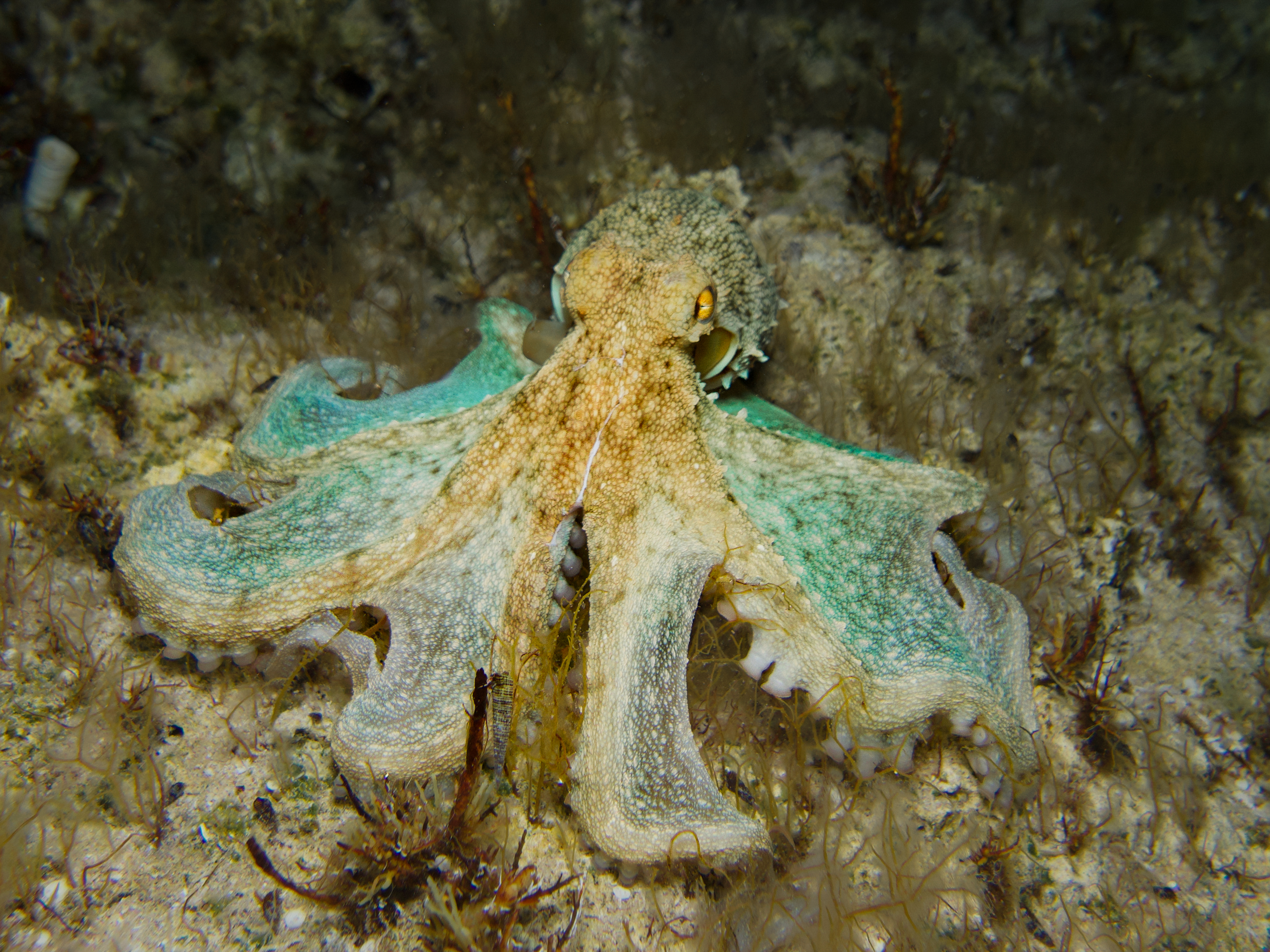
Octopuses possess an anatomy that is as alien as it is fascinating, making them one of the most unique creatures on Earth. Unlike most animals, octopuses have a decentralized nervous system, with two-thirds of their neurons located in their arms. This allows each arm to operate semi-independently, capable of complex movements and reactions without direct input from the brain. This decentralized structure contributes to their remarkable dexterity and problem-solving abilities, enabling them to rapidly manipulate objects and navigate their environment. The octopus's body is a marvel of evolutionary adaptation. Their soft, boneless form allows them to squeeze through incredibly tight spaces, a skill that is essential for evading predators and hunting prey. Their skin is equipped with specialized cells called chromatophores, which enable them to change color and pattern almost instantaneously. This ability not only aids in camouflage but also plays a role in communication and signaling to other octopuses. The versatility of their skin is a testament to their evolutionary success in the marine environment.
Another intriguing aspect of octopus physiology is their unique circulatory system. Octopuses have three hearts: two pump blood to the gills, while the third circulates it to the rest of the body. Their blood is copper-based, containing a molecule called hemocyanin, which is more efficient than hemoglobin in transporting oxygen in cold, low-oxygen environments. This adaptation allows octopuses to thrive in the deep ocean, where conditions are harsh and resources are scarce. The alien-like features of octopuses are not just peculiarities; they are finely tuned adaptations that have allowed these creatures to survive and flourish in diverse marine habitats.
2. Masters of Disguise: Camouflage and Communication
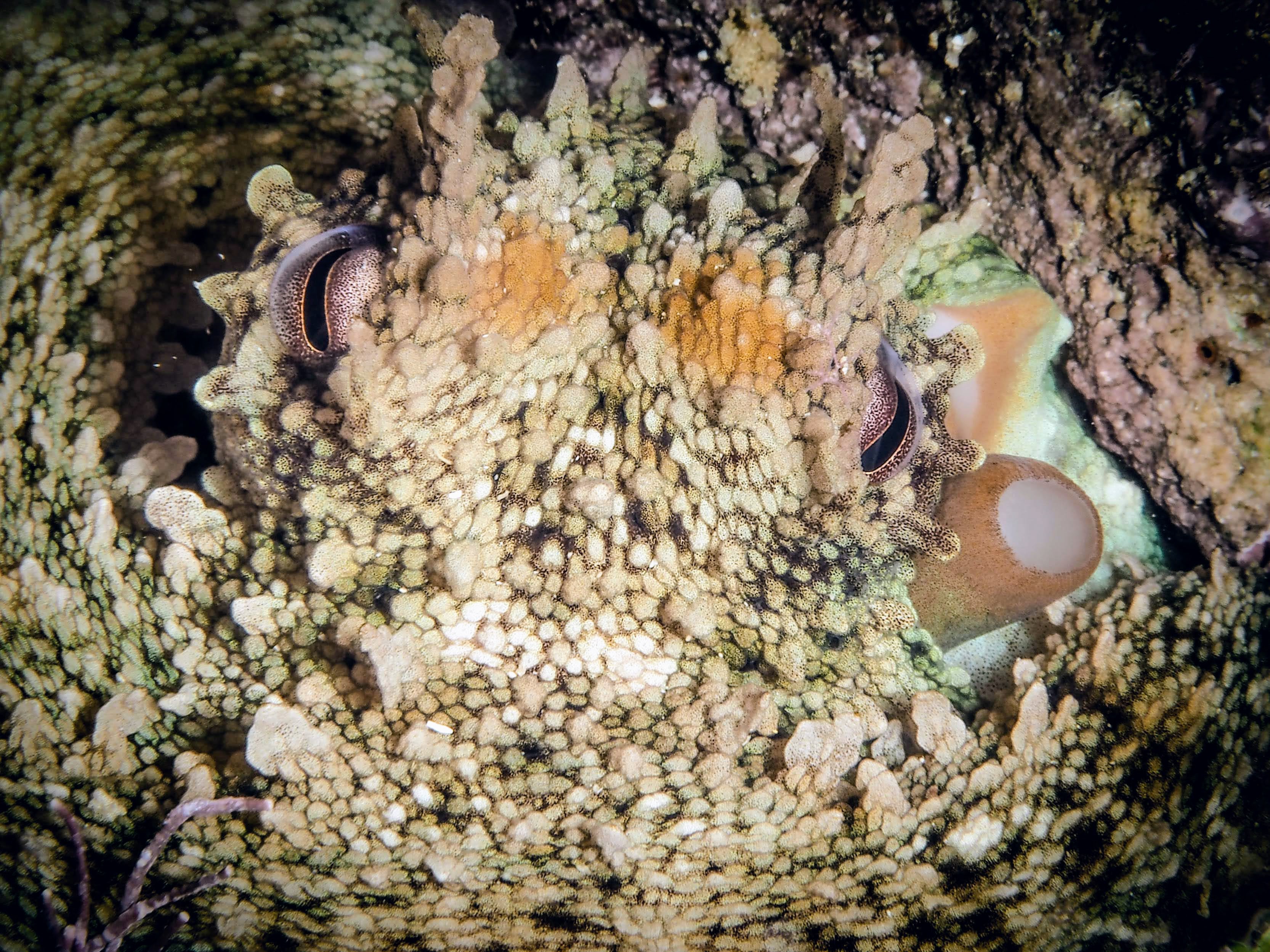
The octopus's mastery of camouflage is one of its most astonishing abilities, allowing it to blend into its surroundings with unmatched precision. This skill is made possible by the chromatophores in their skin, which contain pigments that can expand or contract to change the color and pattern of the octopus's body. This rapid transformation can occur in a fraction of a second, enabling the octopus to disappear into its environment or mimic the appearance of other marine animals. Beyond camouflage, octopuses use their color-changing abilities for communication. They can convey complex signals to other octopuses, displaying patterns and colors that indicate their mood, intentions, or even warnings. This form of visual communication is crucial for social interactions, mating rituals, and territorial disputes. The ability to communicate through color adds another layer of complexity to the octopus's already sophisticated behavior, highlighting their intelligence and adaptability.
The octopus's camouflage abilities have inspired numerous studies and technological advancements. Researchers are exploring how the mechanisms behind octopus camouflage can be applied to develop new materials and technologies, such as adaptive camouflage for military applications or responsive surfaces for consumer products. The study of octopus camouflage not only enhances our understanding of these creatures but also has the potential to drive innovation in various fields. The octopus's ability to blend into its environment and communicate through color is a testament to its evolutionary ingenuity and its role as a master of disguise in the marine world.
3. A Mind of Their Own: Intelligence and Problem-Solving
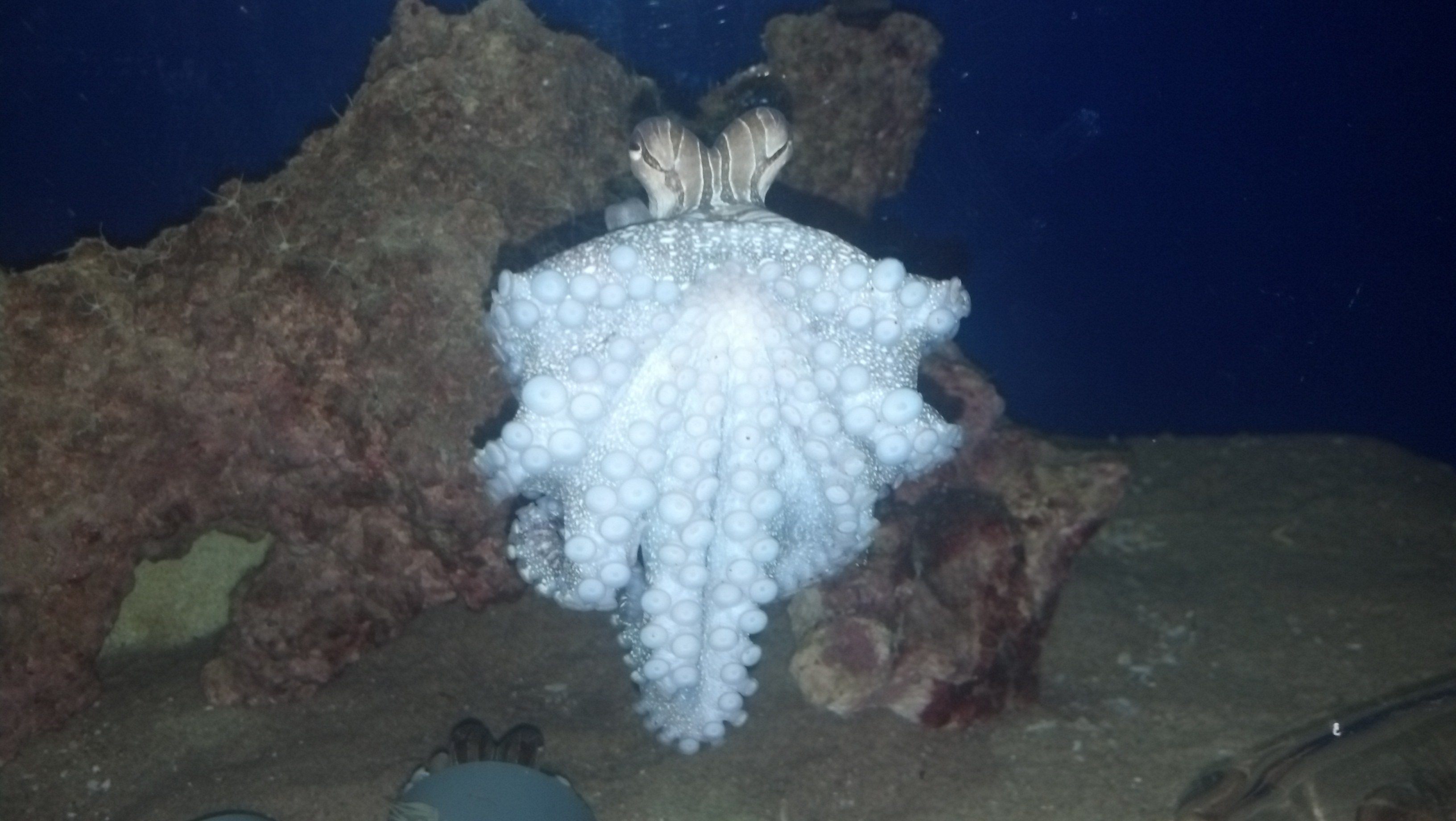
Octopuses are renowned for their intelligence, exhibiting behaviors that challenge our understanding of animal cognition. Their ability to solve complex problems, navigate mazes, and engage in playful activities sets them apart from other invertebrates. It places them among the most intelligent creatures in the animal kingdom. This intelligence is evident in their ability to learn from experience, remember past events, and adapt their behavior to changing circumstances. One of the most well-documented examples of octopus intelligence is their ability to use tools. Octopuses have been observed collecting coconut shells and using them as shelters, demonstrating foresight and planning. They can also open jars to access food, a task requiring problem-solving skills and dexterity. These behaviors suggest a level of cognitive complexity that is rare among animals, particularly invertebrates.
The study of octopus intelligence has profound implications for our understanding of consciousness and the evolution of cognition. Octopuses provide a unique opportunity to explore intelligence development in a vastly different lineage. By studying their behavior and neural architecture, scientists hope to uncover the underlying mechanisms of intelligence and gain insights into the nature of consciousness itself. The octopus's remarkable cognitive abilities challenge our perceptions of animal intelligence and offer a glimpse into how intelligence can evolve in the natural world.
4. The Cultural Impact: Octopuses in Myth and Legend
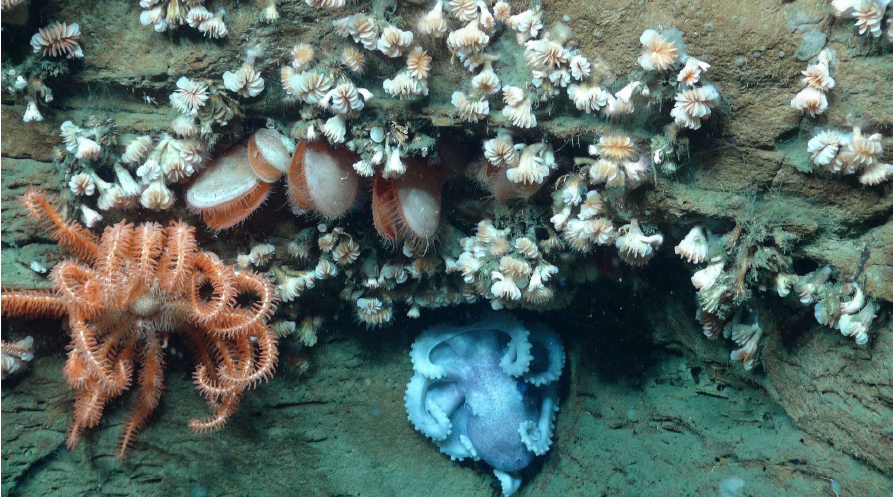
Octopuses have long captured the human imagination, featuring prominently in cultures' myths, legends, and folklore. Their mysterious nature and extraordinary abilities have inspired stories that blur the line between reality and fantasy, portraying octopuses as powerful and enigmatic beings. From ancient mythology to modern science fiction, octopuses have been depicted as monsters and marvels, reflecting our fascination with the unknown. In ancient Greek mythology, the octopus was associated with the sea god Poseidon and was often depicted as a creature of immense power. The Kraken, a legendary sea monster said to dwell off the coast of Norway, is perhaps the most famous octopus-like creature in folklore. Described as a giant octopus or squid, the Kraken was feared by sailors for its ability to drag entire ships into the depths of the ocean. This mythological portrayal of octopuses as formidable creatures highlights their role as symbols of the ocean's mysteries and dangers.
In modern literature and popular culture, octopuses continue to captivate audiences. They are often portrayed as intelligent and cunning creatures capable of outsmarting humans and other animals. This portrayal is seen in works such as H.P. Lovecraft's "The Call of Cthulhu," where the octopus-like Cthulhu embodies cosmic horror and the unknown. The enduring presence of octopuses in cultural narratives underscores their significance as symbols of mystery and intrigue, reflecting our enduring fascination with the enigmatic world of the ocean.
5. The Octopus Genome: Unlocking Evolutionary Secrets
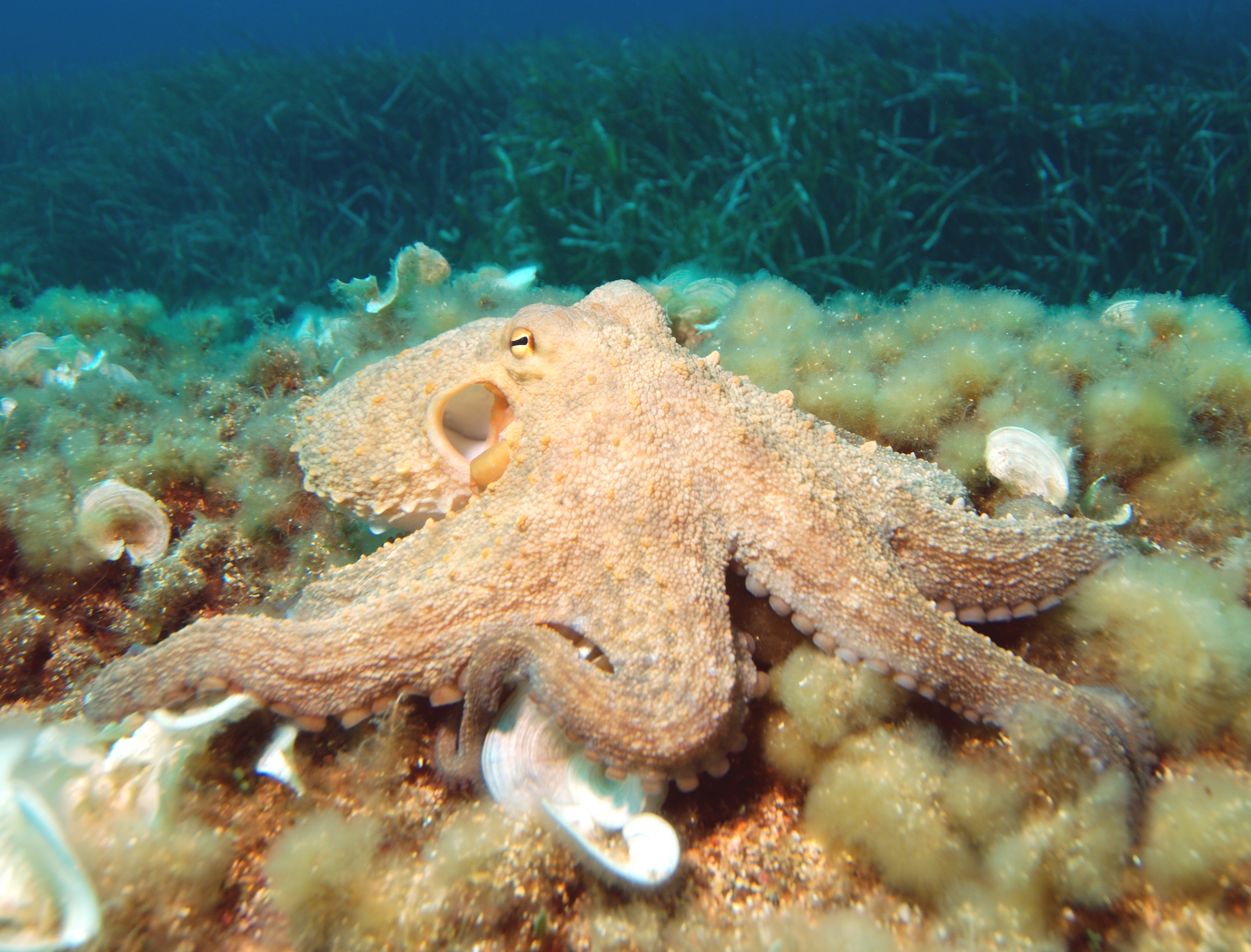
The octopus genome is a treasure trove of information, offering insights into the evolutionary history and unique adaptations of these remarkable creatures. In 2015, scientists successfully sequenced the genome of the California two-spot octopus, revealing a wealth of genetic information that sheds light on the octopus's complex biology and evolutionary lineage. The octopus genome is large and highly rearranged, with a unique set of genes that are not found in other animals, highlighting the distinct evolutionary path of cephalopods. One of the most intriguing findings from the octopus genome is the presence of many protocadherin genes involved in neural development and synaptic connections. This genetic feature is thought to contribute to the octopus's sophisticated nervous system and cognitive abilities. The abundance of these genes suggests that octopuses have evolved unique neural architectures that support their intelligence and complex behaviors.
The study of the octopus genome also provides insights into the evolution of cephalopods and their adaptation to diverse marine environments. By comparing the octopus genome to those of other mollusks and invertebrates, scientists can trace these creatures' evolutionary history and identify the genetic changes that have enabled their remarkable adaptations. The octopus genome is a key to understanding the evolutionary innovations that have shaped the development of these enigmatic creatures, offering a glimpse into the genetic underpinnings of their otherworldly abilities.
6. Beyond Earth: The Octopus as an Alien Analogy
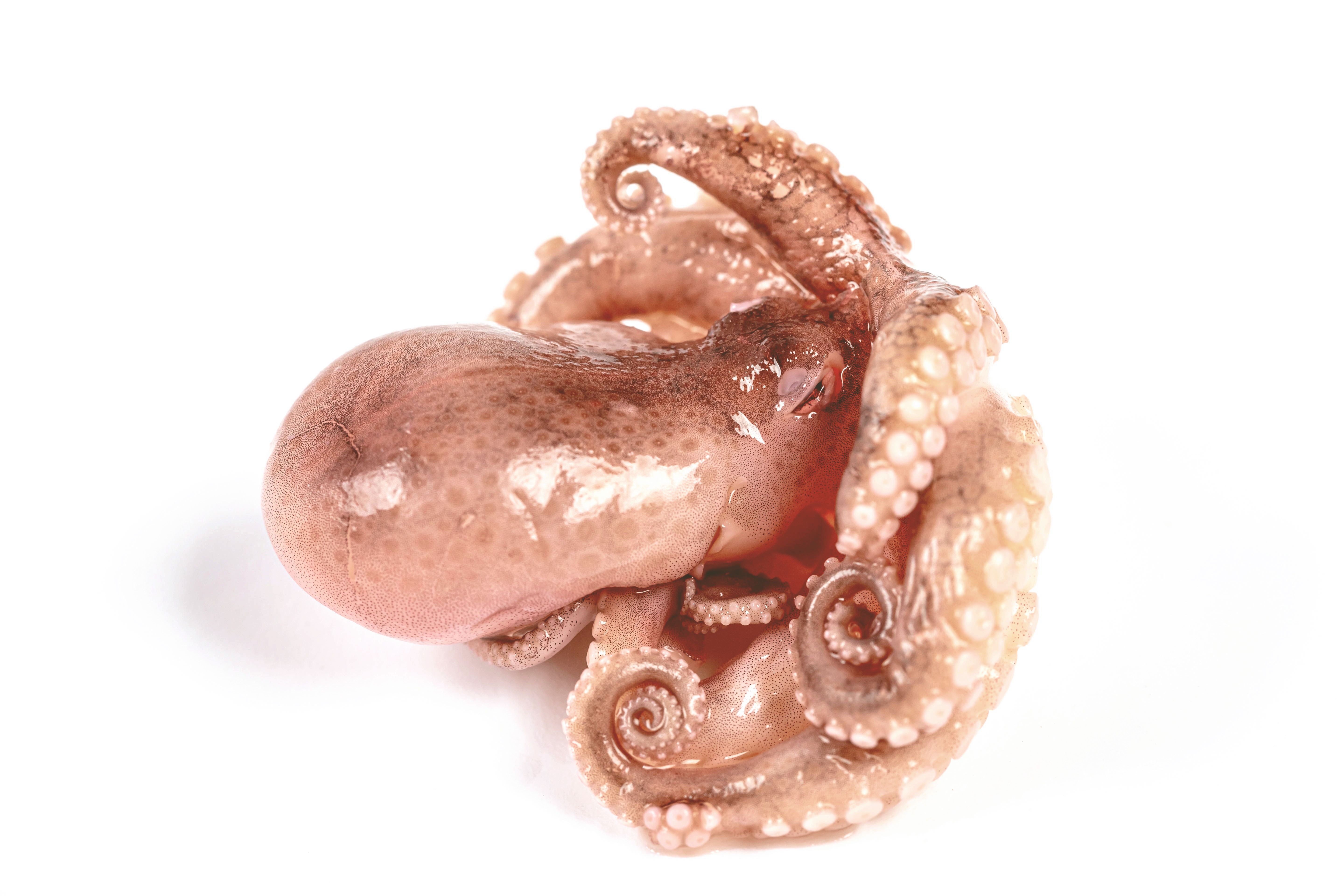
The octopus's alien-like appearance and extraordinary abilities have led some to speculate about their potential as analogs for extraterrestrial life. Their unique biology, decentralized nervous system, regenerative capabilities, and sophisticated camouflage make them intriguing candidates for imagining life beyond Earth. The octopus's distinct evolutionary path, which diverged from our own hundreds of millions of years ago, offers a model for understanding how life might evolve under different environmental conditions. The idea of octopuses as analogs for extraterrestrial life has been explored in scientific and speculative contexts. Scientists studying astrobiology have considered the octopus's adaptations as potential examples of how life might evolve on other planets with different atmospheric and environmental conditions. The octopus's ability to thrive in diverse marine habitats, including deep-sea environments with extreme pressure and low oxygen levels, demonstrates the potential for life to adapt to a wide range of conditions.
In science fiction, octopuses have often been used as inspiration for alien creatures, reflecting their otherworldly qualities and enigmatic nature. Their portrayal as intelligent and adaptable beings resonates with our curiosity about the possibilities of life beyond Earth. The octopus's role as an alien analogy highlights the broader implications of their study, offering insights into the diversity of life on our planet and the potential for life elsewhere in the universe.
7. Regeneration and Longevity: The Octopus's Secret to Renewal
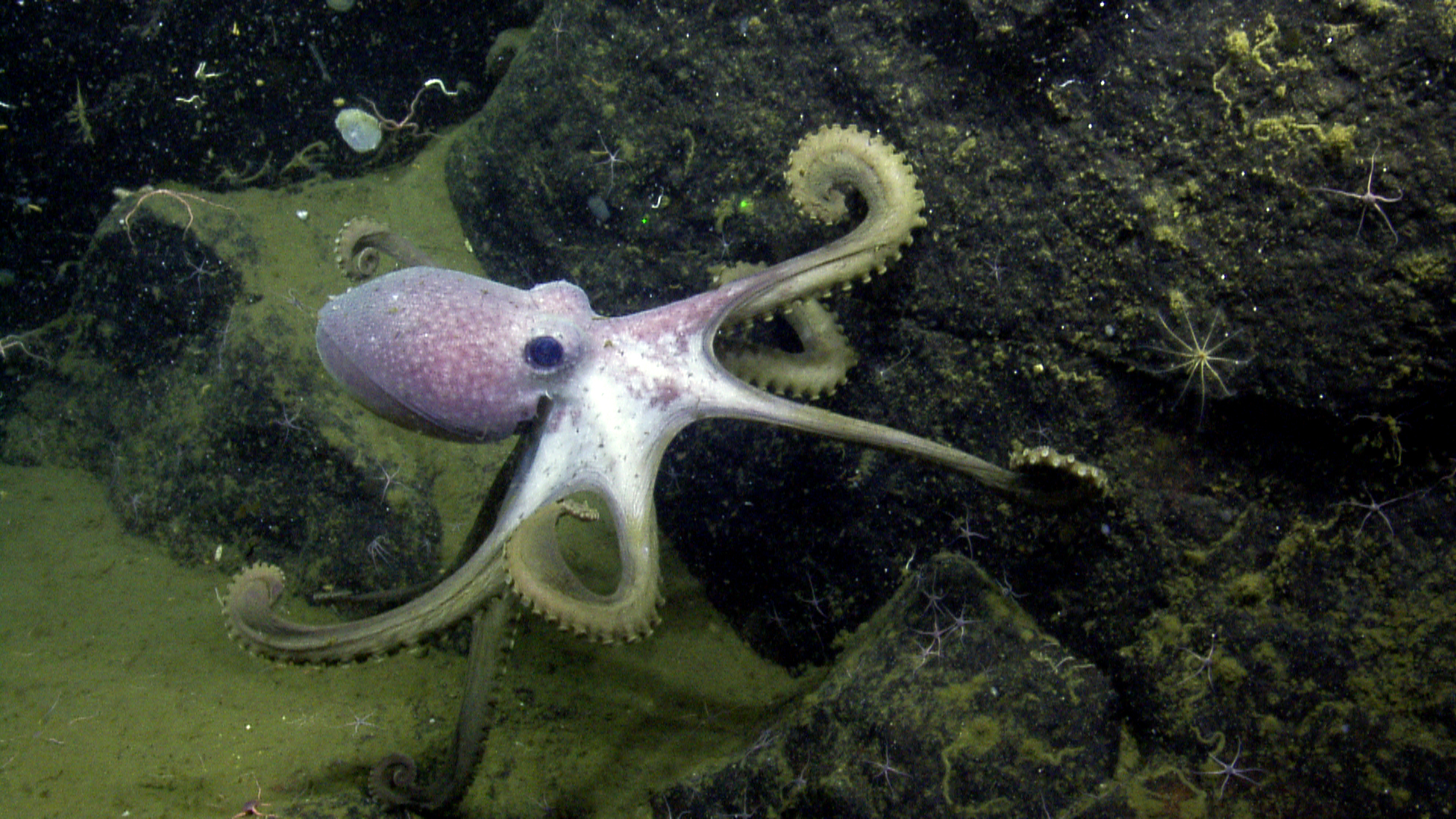
One of the most remarkable features of octopuses is their ability to regenerate lost limbs, a trait that underscores their resilience and adaptability. When an octopus loses an arm due to predation or injury, it can regrow the limb over time, restoring its full functionality. This regenerative ability is a survival mechanism and a fascinating example of the biological processes that enable tissue renewal and repair. The regeneration process in octopuses involves a complex interplay of cellular and molecular mechanisms. After an arm is lost, the octopus initiates a series of biological responses that lead to the forming of a new limb. This process involves activating stem cells, which differentiate into various cell types to rebuild the lost tissue. The study of octopus regeneration offers valuable insights into the potential for regenerative medicine and the development of human tissue repair therapies.
In addition to their regenerative abilities, octopuses exhibit a relatively short lifespan, with most species living only a few years. This brevity of life is balanced by their rapid growth and reproductive strategies, which ensure the continuation of their lineage. The combination of regeneration and longevity in octopuses highlights the delicate balance between survival and reproduction, illustrating the evolutionary trade-offs that have shaped their life history. Studying these processes not only enhances our understanding of octopus biology but also provides a window into the broader principles of life and adaptation.
8. The Role of Octopuses in the Marine Ecosystem
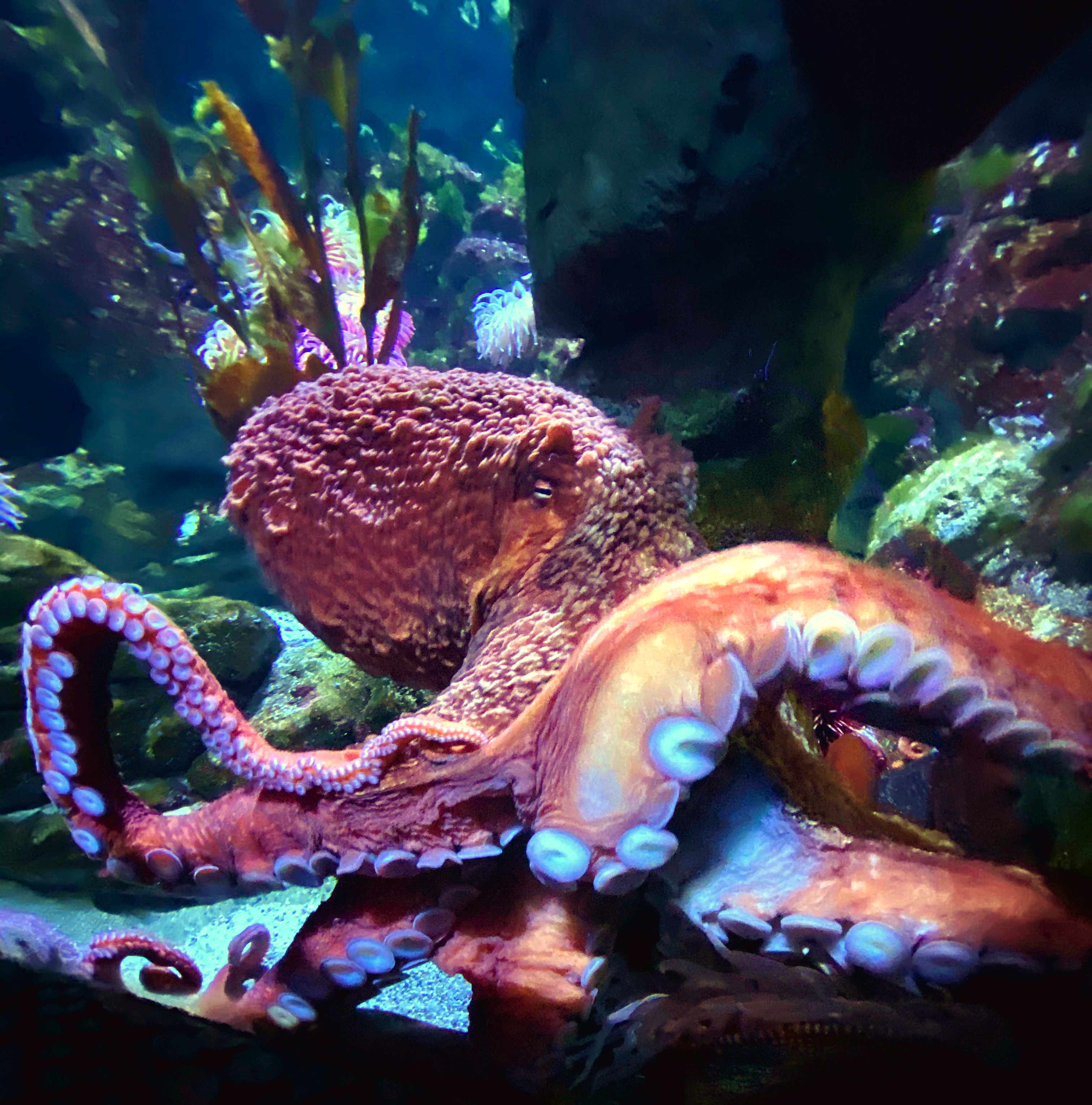
Octopuses play a vital role in the marine ecosystem, acting as predators and prey in the intricate web of ocean life. As predators, they are efficient hunters, using their intelligence and dexterity to capture a wide range of prey, including crustaceans, fish, and mollusks. Their hunting strategies, which involve stealth, speed, and precision, contribute to regulating prey populations and maintaining ecological balance. In their role as prey, octopuses are an important food source for various marine animals, including larger fish, sharks, and marine mammals. Their presence in the food chain supports the survival of numerous species, highlighting their ecological significance. The octopus's ability to evade predators through camouflage and escape tactics adds an element of complexity to their interactions within the ecosystem, influencing predator-prey dynamics.
The ecological role of octopuses extends beyond their immediate interactions with other marine life. They contribute to the health of coral reefs and other marine habitats by controlling the populations of certain species and facilitating nutrient cycling. The study of octopuses and their ecological impact provides valuable insights into the functioning of marine ecosystems and the importance of biodiversity in maintaining ecological resilience. Understanding the role of octopuses in the marine environment underscores the need for conservation efforts to protect these remarkable creatures and the habitats they inhabit.
9. Conservation Challenges: Protecting Octopus Populations

Despite their resilience and adaptability, octopus populations face various conservation challenges threatening survival. Overfishing is one of the primary threats to octopus populations, as they are a valuable resource for commercial and artisanal fisheries around the world. The demand for octopus as a culinary delicacy has led to increased fishing pressure, resulting in population declines and the depletion of local stocks. Habitat degradation is another significant threat to octopus populations. The destruction of marine habitats, such as coral reefs and seagrass beds, reduces the availability of suitable environments for octopuses to live and reproduce. Pollution, climate change, and ocean acidification further exacerbate these challenges, impacting the health and resilience of marine ecosystems and the species that depend on them.
Efforts to conserve octopus populations require a multifaceted approach addressing direct and indirect threats. Sustainable fishing practices, habitat restoration, and the establishment of marine protected areas are essential strategies for ensuring the long-term survival of octopuses and the ecosystems they inhabit. Public awareness and education about octopuses' importance and challenges are also crucial for fostering a sense of stewardship and responsibility toward marine conservation. By protecting octopus populations, we contribute to preserving biodiversity and the health of the world's oceans.
10. The Future of Octopus Research: Unanswered Questions and New Frontiers
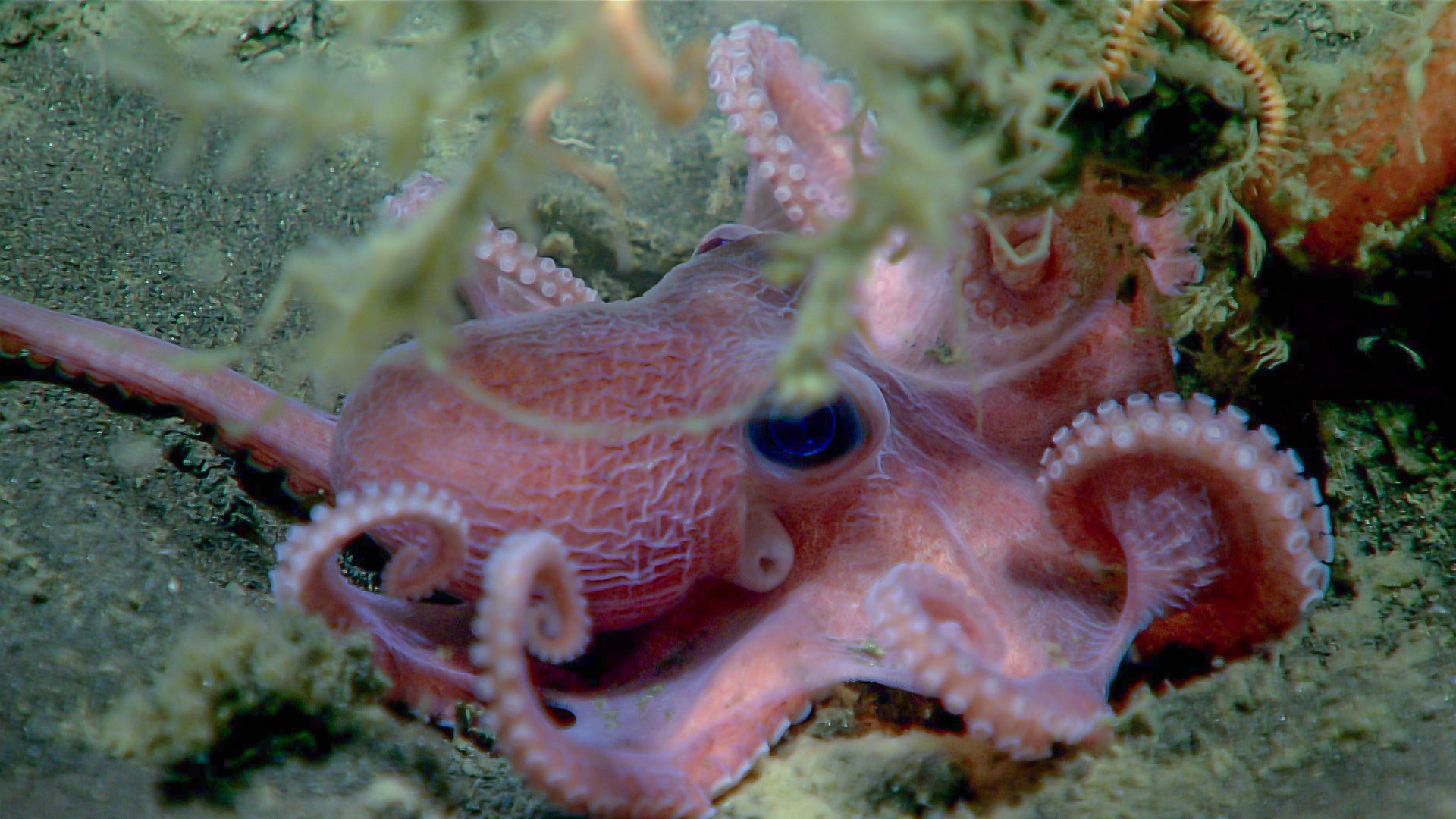
The study of octopuses continues to be a dynamic and evolving field, with new discoveries and unanswered questions driving research into the future. One of the key areas of interest is the exploration of octopus intelligence and cognition, which has the potential to reshape our understanding of animal consciousness and the evolution of complex behaviors. Researchers are investigating the neural mechanisms underlying octopus intelligence to unravel the mysteries of their sophisticated problem-solving abilities and social interactions. Another promising area of research is the study of octopus regeneration and its implications for regenerative medicine. Understanding the cellular and molecular processes that enable octopuses to regenerate lost limbs could lead to breakthroughs in medical treatments for tissue repair and healing in humans. The potential applications of this research extend to a wide range of fields, from medicine to biotechnology, highlighting the broader significance of octopus biology.
The future of octopus research also involves exploring their ecological roles and the impacts of environmental changes on their populations. As the oceans face increasing pressures from human activities and climate change, understanding the responses of octopuses and other marine species to these challenges is critical for developing effective conservation strategies. The study of octopuses offers a window into the complexities of marine life and the interconnectedness of ecosystems, providing valuable insights into the broader principles of biology and ecology.
Embracing the Mystery of Otherworldly Octopuses
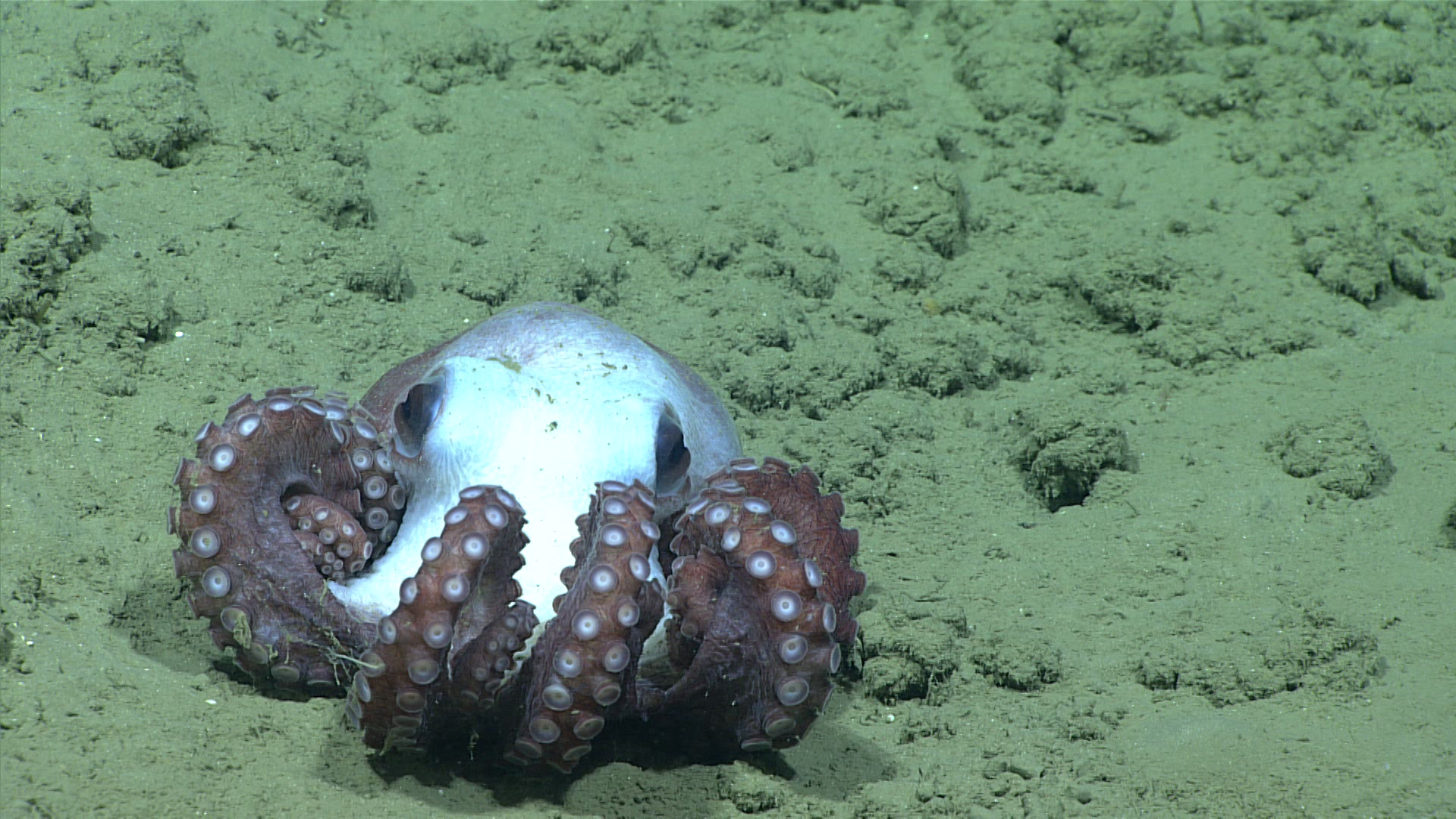
The enigmatic world of octopuses is a testament to the wonders of the natural world, offering a glimpse into the complexity and diversity of life in the ocean. Through their unique anatomy, intelligence, and cultural significance, octopuses challenge our perceptions of being alive and conscious. They inspire curiosity and awe, inviting us to explore the mysteries of the ocean and the creatures that inhabit it. The insights gained from studying octopuses have profound implications for our understanding of biology, evolution, and the potential for life beyond Earth. They remind us of the importance of preserving the natural world and the delicate balance of ecosystems that sustain life. As we continue to explore the enigmatic world of octopuses, we are reminded of the endless possibilities for discovery and the enduring allure of the unknown. In embracing the mystery of otherworldly octopuses, we celebrate the beauty and complexity of life on our planet. These remarkable creatures serve as ambassadors of the ocean, highlighting the need for conservation and stewardship of the marine environment. By protecting and studying octopuses, we honor the richness of the natural world and our place within it, ensuring that future generations can continue to marvel at the wonders of the ocean and the creatures that call it home.




